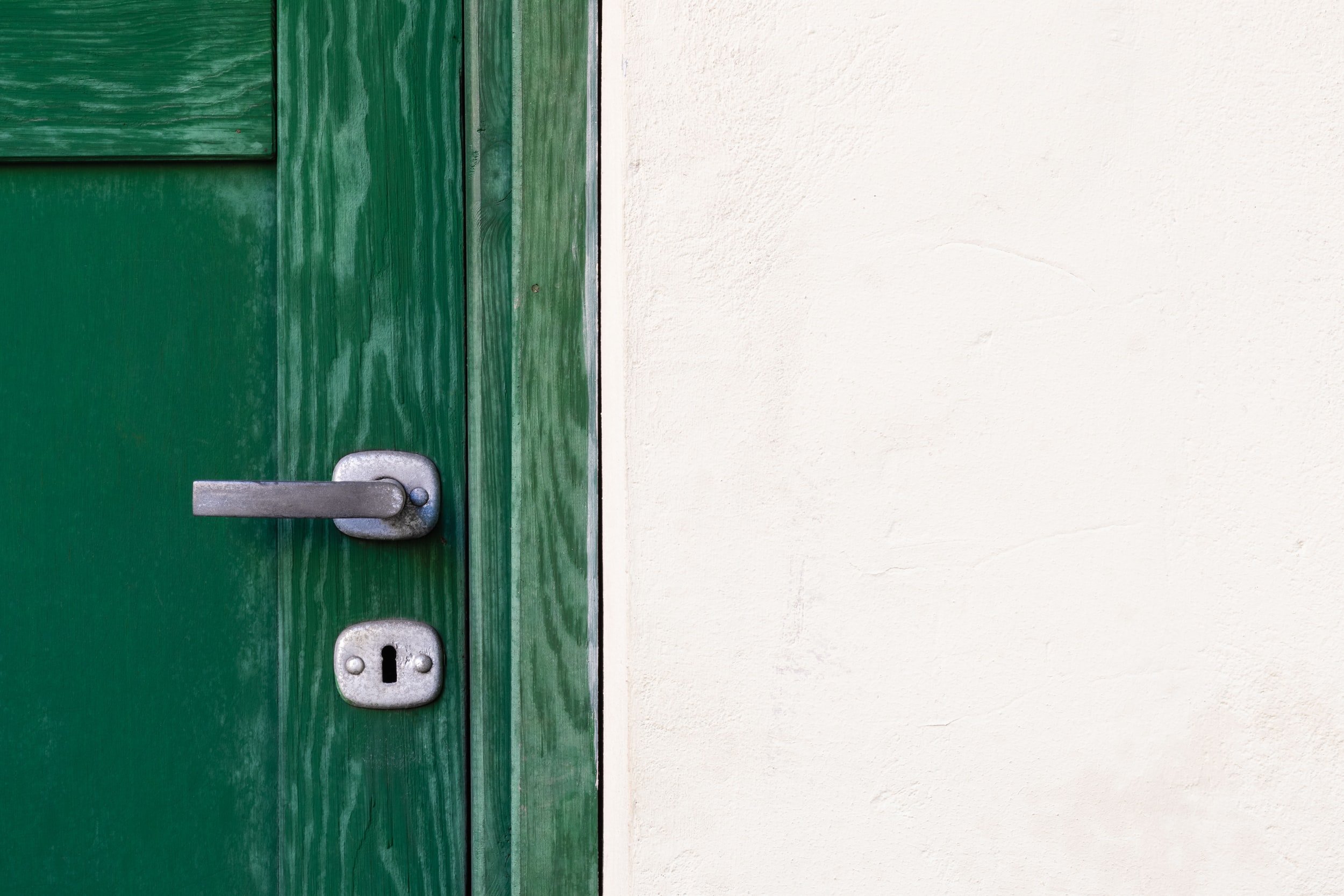How to Resist the OCD Double-Check
One of the first compulsions we may work on in exposure therapy is the urge to double, or triple check, even when we know we have completed something well. Our smart brains are fully aware of the memory of having completed a task, but our OCD brain comes in and plants the slightest seed of uncertainty.
My clients will often resist this exposure. An OCD defense that I hear often: “But what is the harm in checking?” In comparison to the agony of sitting with the unknown (ie. is the door really locked?) for the entire trip out of the house, checking seems like a small price to pay. Checking is often a relatively quick compulsion, and seems unproblematic to my clients.
However, like all compulsions, checking provides a very temporary calm that feeds into a long term sense of unease. Compulsions soothe the nervous system short term but unsettle it long term. OCD is the “doubting disease” and no matter the sense of certainty we may feel during the initial check, we are bound to doubt again.
Letting go of checking behavior is a process of welcoming the unknown. I coach my clients to say to themselves, “Maybe the door is unlocked!” We can even imagine our worst case fears like a burglary, because when we feel this discomfort (just in picturing the scene) we welcome a resilience into our consciousness. We are supporting our growth away from OCD behaviors and into the new freedom of presence.
Checking provides false confidence that can be easily swept away by an intrusive thought or just the passage of a short amount of time.
Please contact Kairos Wellness Collective if you feel that Exposure Response Prevention may be helpful to you.

